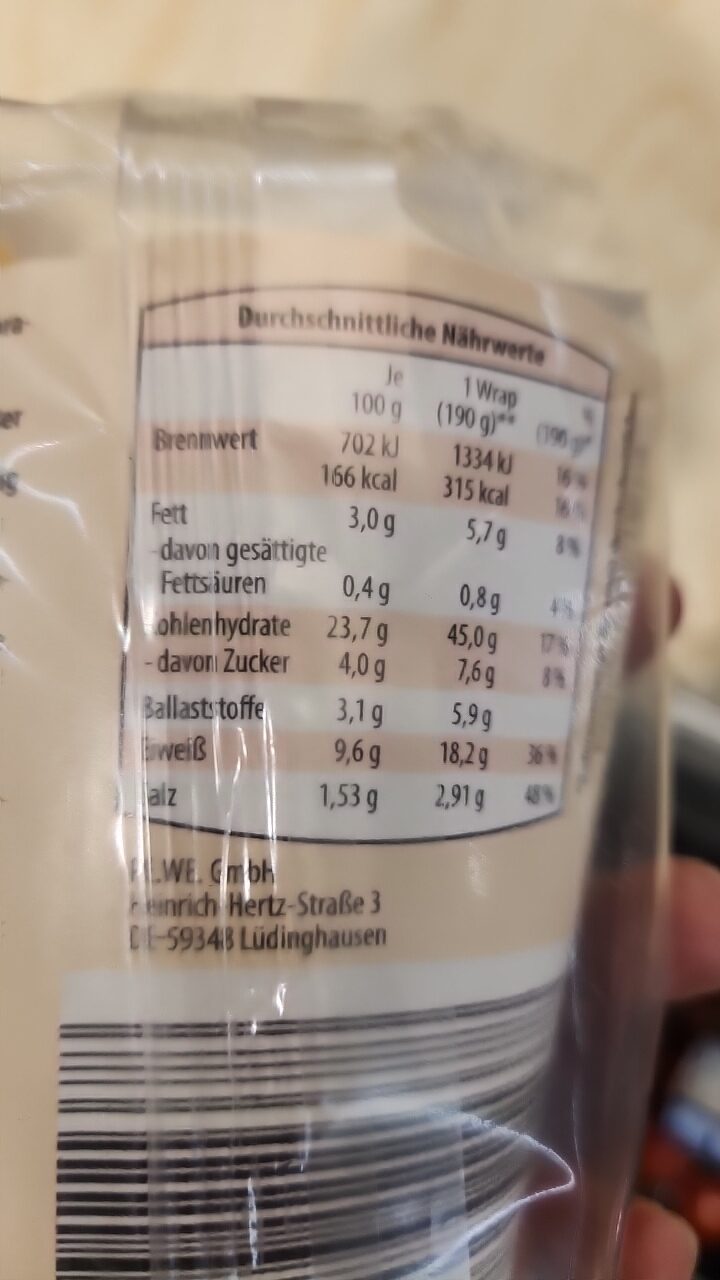
Barcode: 4061459111378
Durchschnittliche Nährwerte
HALAL
📝 Reason: Based on ingredient analysis, all listed items (‘fett’, ‘fettsäuren’, ‘kohlenhydrate’, ‘zucker’, ‘ballaststoffe’, ‘eiweiß’, ‘salz’) have no evidence of being derived from haram or doubtful sources, nor do they match any listed haram e-codes. As per Islamic law (Quran 5:3), ingredients are Halal unless proven otherwise. IFANCA and HMC also confirm the above ingredients are generally Halal.
📄 Certificates: Vegetarisch
Ingredients:
Details
Understanding the Halal Status of Durchschnittliche Nährwerte
When it comes to the Halal status of food products, it’s important for consumers to be informed about the ingredients and their origins. Durchschnittliche Nährwerte has been a topic of interest for many seeking clarification on whether it meets Halal dietary guidelines. Based on a thorough analysis, this product is confirmed to be Halal for the following reasons.
Halal Ingredient Explanation
The primary ingredients in Durchschnittliche Nährwerte are fett (fat), fettsäuren (fatty acids), kohlenhydrate (carbohydrates), zucker (sugar), ballaststoffe (dietary fiber), eiweiß (protein), and salz (salt). According to Islamic law (Quran 5:3), all ingredients are considered Halal unless there is concrete evidence suggesting otherwise.
Detailed Analysis of Ingredients
Let’s break down the components in accordance with their Halal status:
- Fett: This is a general term for fat, which can be both vegetable and animal-based. In this case, there is no evidence suggesting that it comes from a haram source, placing it firmly in the Halal category. Learn more.
- Fettsäuren: These are typically derived from plant or animal sources. However, since there are no identifiable haram animals or non-Halal sources associated with these fatty acids, they are regarded as Halal by default. Read more here.
- Kohlenhydrate: As carbohydrates generally come from plant sources, they are naturally Halal. There are no concerns or suspicion regarding their source in this product. More details.
- Zucker: Sugar is accepted as Halal unless processed using bone char. However, it is generally recognized as Halal unless stated otherwise. Further reading.
- Ballaststoffe: These dietary fibers are usually from plant origins and are inherently Halal. There are no doubts about their status. See source.
- Eiweiß: Typically referring to proteins that are not explicitly mentioned to be animal-derived (like pork gelatin), these are normally considered Halal. Hence, no specific animal source raises concerns. Learn more.
- Salz: Salt is a natural mineral and is inherently Halal without any need for further clarification.
Certifications and Categories
Die Durchschnittliche Nährwerte product also holds a Vegetarisch certification, which further emphasizes its alignment with specific dietary needs. Although it holds no additional Halal certifications, the rigorous investigation into the ingredients assures consumers of its status.
Conclusion
In conclusion, Durchschnittliche Nährwerte is deemed Halal due to the analysis of its ingredients and E-numbers. Each component has been thoroughly vetted against Islamic dietary laws, confirming that there are no haram sources or concerns. Whether you are a Muslim consumer or someone interested in adhering to Halal standards, you can confidently consume this product.
For more detailed information on Halal ingredients, consider visiting [IFANCA](https://www.ifanca.org) or [HMC](https://www.halalhmc.org) for additional resources.
